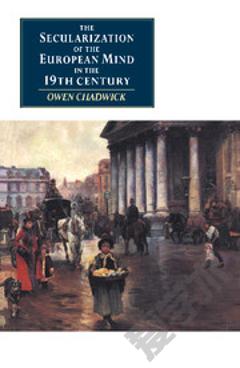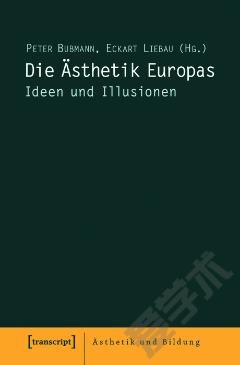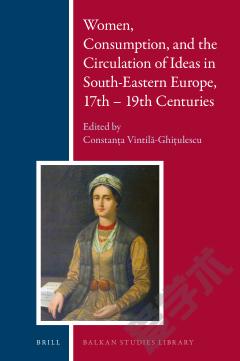The Idea of the Self: Thought and Experience in Western Europe since the Seventeenth Century
Part I. Introductory: 1. Dimensions and contexts of selfhood 2. Between ancients and moderns Part II. British modernity: 3. Personal identity and modern selfhood: Locke 4. Self-centeredness and sociability: Mandeville and Hume 5. Adam Smith and modern self-fashioning Part III. Society and Self-Knowledge: France from Old Regime to Restoration: 6. Sensationalism, reflection, and inner freedom: Condillac and Diderot 7. Wholeness, withdrawal, self-revelation: Rousseau 8. Reflectivity, sense-experience, and the perils of social life: Maine de Biran and Constant Part IV. The World and the Self in German Idealism: 9. Autonomy, limitation, and the purposiveness of nature: Kant 10. Purposiveness and Bildung: Herder, Humboldt, and Goethe 11. The ego and the world: Fichte, Novalis, Schelling 12. Universal selfhood: Hegel Part V. The Past in the Present: 13. Dejection, insight, and self-making: Coleridge and Mill 14. From cultivated subjectivity to the polarities of self-formation in nineteenth-century France 15. Society and selfhood reconciled: Janet, Fouill, Bergson 16. Will, reflection, and self-overcoming: Schopenhauer and Nietzsche 17. Being and transcendence: Heidegger 18. Deaths and transfigurations of the self: Foucault and Derrida 19. Conclusion Bibliography Index.
{{comment.content}}








 京公网安备 11010802027623号
京公网安备 11010802027623号